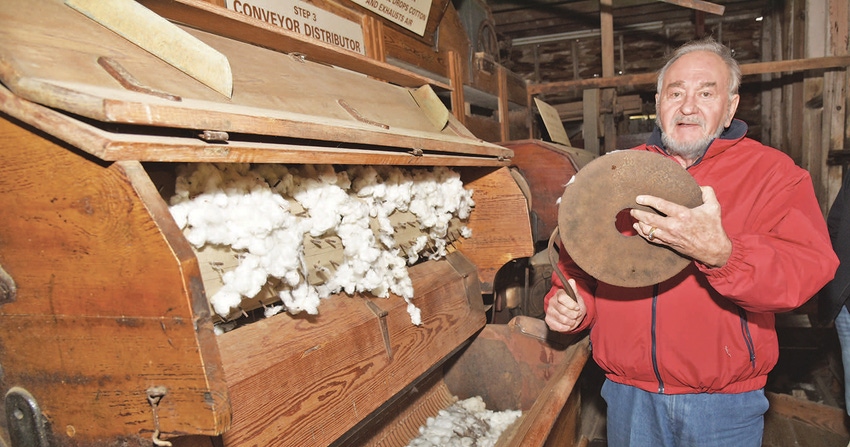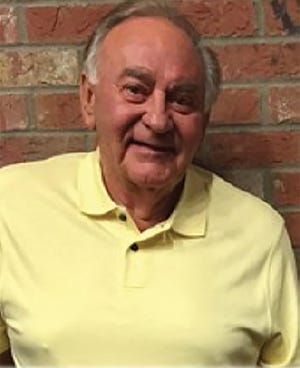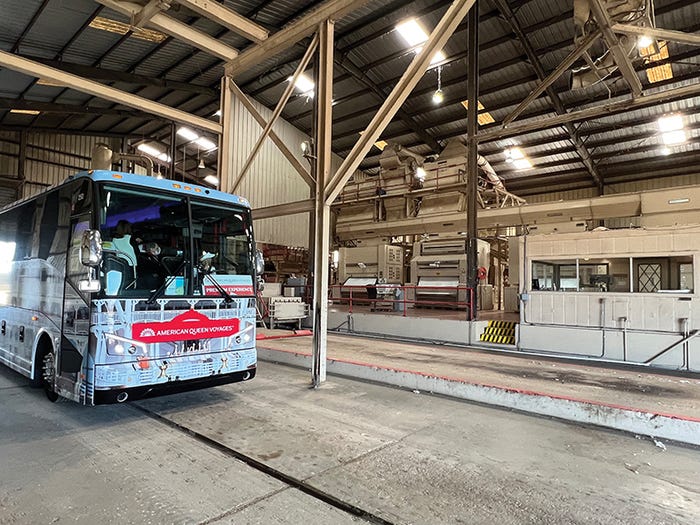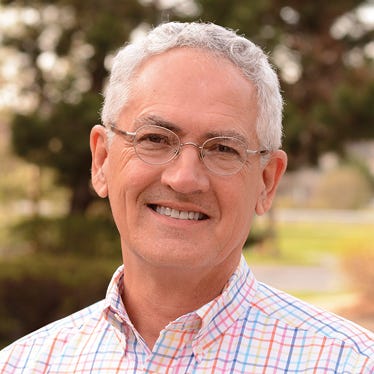
George O. "Buddy" Tanner was a team player, but he stood out as an individual who loved all aspects of cotton and spent a lifetime advancing the cause for the industry.
The Southern Cotton Ginners Association has named the 2022 Memorial Scholarship in his honor following his passing in September of 2020.
"Mr. Tanner certainly played a huge role in Louisiana's cotton industry," said Bobby Skeen, executive vice president of the Louisiana Cotton and Grain Association. "He served as president of the Louisiana Cotton Ginners Association and always maintained a presence when it comes to cotton growing, ginning, and even in cotton agritourism."
 Buddy Tanner owned and operated Tanner Gin and Frogmore Plantation with his wife Lynette. (Lynette Tanner)
Buddy Tanner owned and operated Tanner Gin and Frogmore Plantation with his wife Lynette. (Lynette Tanner)
Tanner and his wife, Lynette, have been the owners and operators of Frogmore Plantation and Tanner Gin at Frogmore, La. since 1991. They previously leased the old Frogmore Gin and plantation. He was a member of the Southern Cotton Ginners Association serving as director and vice President in the leadership of the organization, as well as serving as producer, ginner, & warehouse delegate to the National Cotton Council and a member of the National Cotton Ginners of America.
In 1990 he was named the SCGA Ginner of the Year and a year later received the Horace Hayden Outstanding Ginner Award from the National Cotton Ginners of America.
"He absolutely was a spokesman for cotton," Lynette Tanner said, "not only cotton and the cotton industry, but he also interpreted southern agricultural lifestyle evolving from the 1700s to today."
Cotton education
Buddy and Lynette spent countless hours educating thousands of individuals visiting Frogmore about cotton and the historical origins of the crop in the Mid-South. Within eyesight of their modern ginning operation, they restored authentic structures that are part of the living museum of pre- and post-Civil War plantation life on the land they farm.
The cotton lifestyle was in his blood and never left, according to Lynette.
"After losing his father at age five, he worked for his uncles in the oil field along with grass cutting," she said, "but his favorite job was at his Uncle George Clarke’s cotton gin in St. Joseph, La."
Although his father was gone, he had five uncles that were an active part of his life. The extended family was supportive and close-knit.
He put himself through college and after graduating leased the old Frogmore gin.
"He worked most days in the fall from daylight serving customers and then ginned his own cotton until past midnight," Lynette said. "He had long hours. I took him supper at 8 or 8:30 p.m. and visited with him for a while. He wouldn't get in until midnight or 1 or 2 a.m."
Their core crew stayed at the gin into the night until there was enough cotton ginned and enough trailers emptied for farmers to return to the field in the morning.
Buddy worked hard but had a playful sense of humor.
One night he put Lynette on the suction pipe. The suction pipe that was used to feed cotton into the gin from the trailer is usually spring loaded and when released, springs back up to a high position. Lynette kept hitting the bottom of the wagon. She struggled.
"Every time the thing hit, he'd look at me and laugh," she said.
After she finished emptying the trailer, she was frustrated. It was only then that he mentioned to her that the spring on the pipe was broken.
"I could have popped him," she said. "He was always the prankster. He loved to play tricks with his family."
Gin tours
He also loved giving tours of the gin.

"He gave tours to Cub Scout groups, schools, and international motor coaches," she said. "He was giving tours before I ever met him, and he did it for free. Anybody that stopped by the gin, he welcomed. He loved his gin."
In 1991 Buddy and Lynette needed more space to place modules. They bought a newer gin plant in Roscoe, Texas, that was not in operation.
"It was purchased on a handshake. I kid you not," she said. "No loan document signed, nothing from the banker." He just said, “Go buy a cotton gin and let me know how much you need.”
The Tanners sent their guys out to Texas to dismantle the gin and move it to Frogmore. Therrell Pierce helped them set up the new operation which included an alleyway inside the gin building later used to drive buses through so that tour groups could see the gin in operation.
A main draw to Frogmore Plantation is the historical venue that includes authentic cabins, a chapel, a rare steam engine gin and a general store. Visitors can also see the modern farming operation, in addition to the computerized gin.
"Buddy explained to visitors from around the world the gin machinery, botanical aspects of the cotton plant, products from the seed, world trade status, and available items made from cotton," Lynette said.
They have also passed along cotton trivia and worked hard to make the tourism business successful, even partnering with cruise companies on the Mississippi River to host vacationers. The mix of farming, ginning, and tourism has worked well for the Tanners.
Buddy was also someone who liked to stay on the cutting edge of technology in the ginning industry. He was an early adaptor of the module feeder when the industry transitioned away from trailers to modules. His gin was also one of the first fully automated systems in the U.S. using laptops for diagnostics. He updated the gin to manage round modules as they became a standard in the industry, installed heat sensors, and converted to plastic bale strapping systems.
"One thing Buddy always did was to find an economical way to make improvements," Lynette said. "He always kept us in the black and accomplished the task."
With all the activities on the plantation, he still took time to be active with his local church, the Jaycees, the Chamber of Commerce, as well as advocating for victims of human trafficking.
"He was always a partner with me; whatever we did, we did it together," Lynette said. "That was the type of guy he was, donating whatever was needed, doing what needed to be done."
Today, Lynette still manages the operation with the help of their children. Buddy is certainly missed, but he built his operation on a solid foundation that continues.
About the Author(s)
You May Also Like






